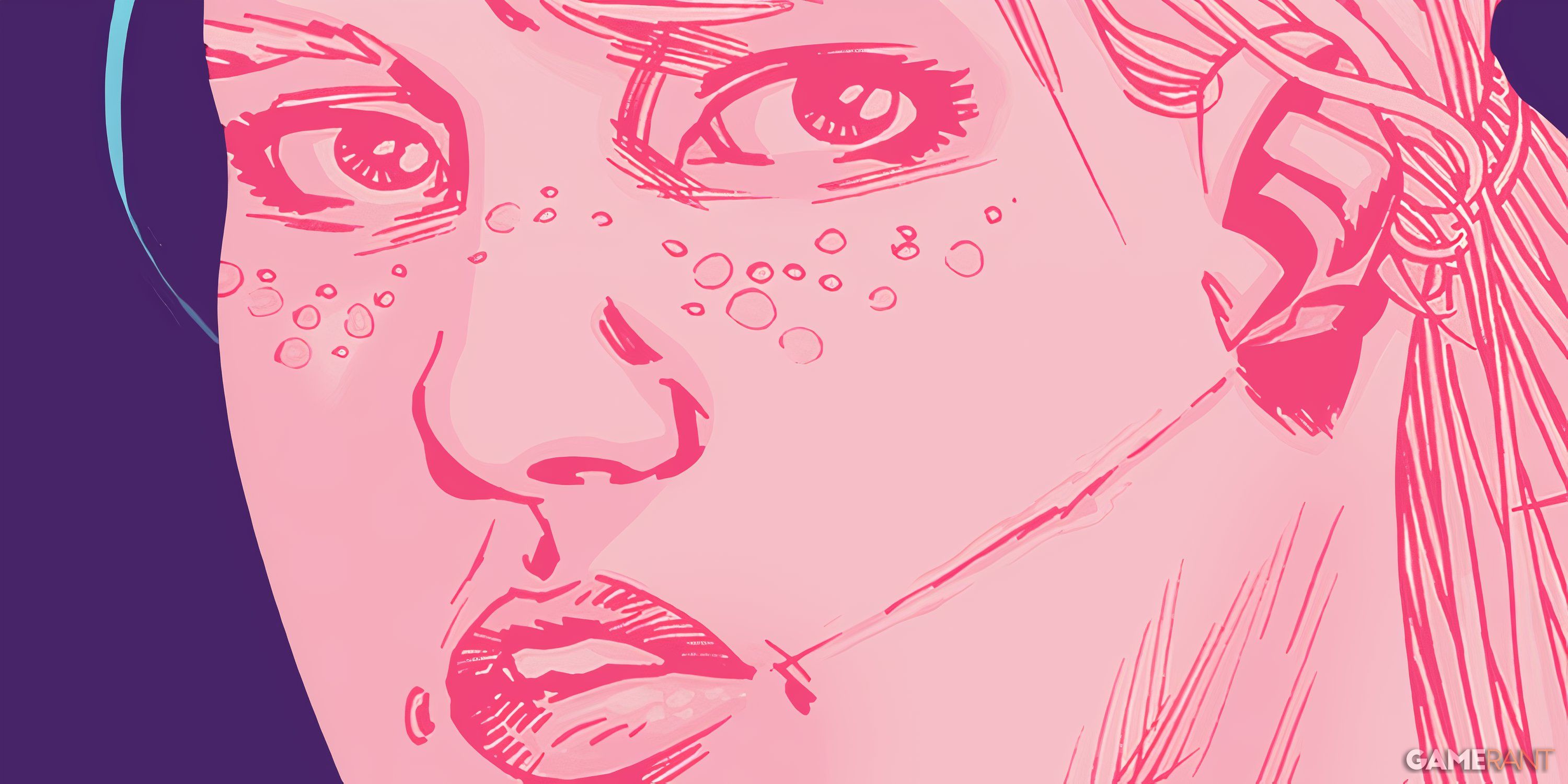
When adapting The Walking Dead from comic book panels to the small screen, showrunners made numerous changes to characters, plotlines, and relationships. Few characters, however, were altered as drastically as Andrea. In The Walking Dead comics, Andrea evolves into one of Rick Grimes’ closest allies, a dependable sharpshooter, and a compelling figure with a nuanced romance arc. She even becomes his lover. On television, her trajectory is almost unrecognizable, as she becomes one of the series’ most polarizing characters.
The Walking Dead Comics Made Andrea More Likeable
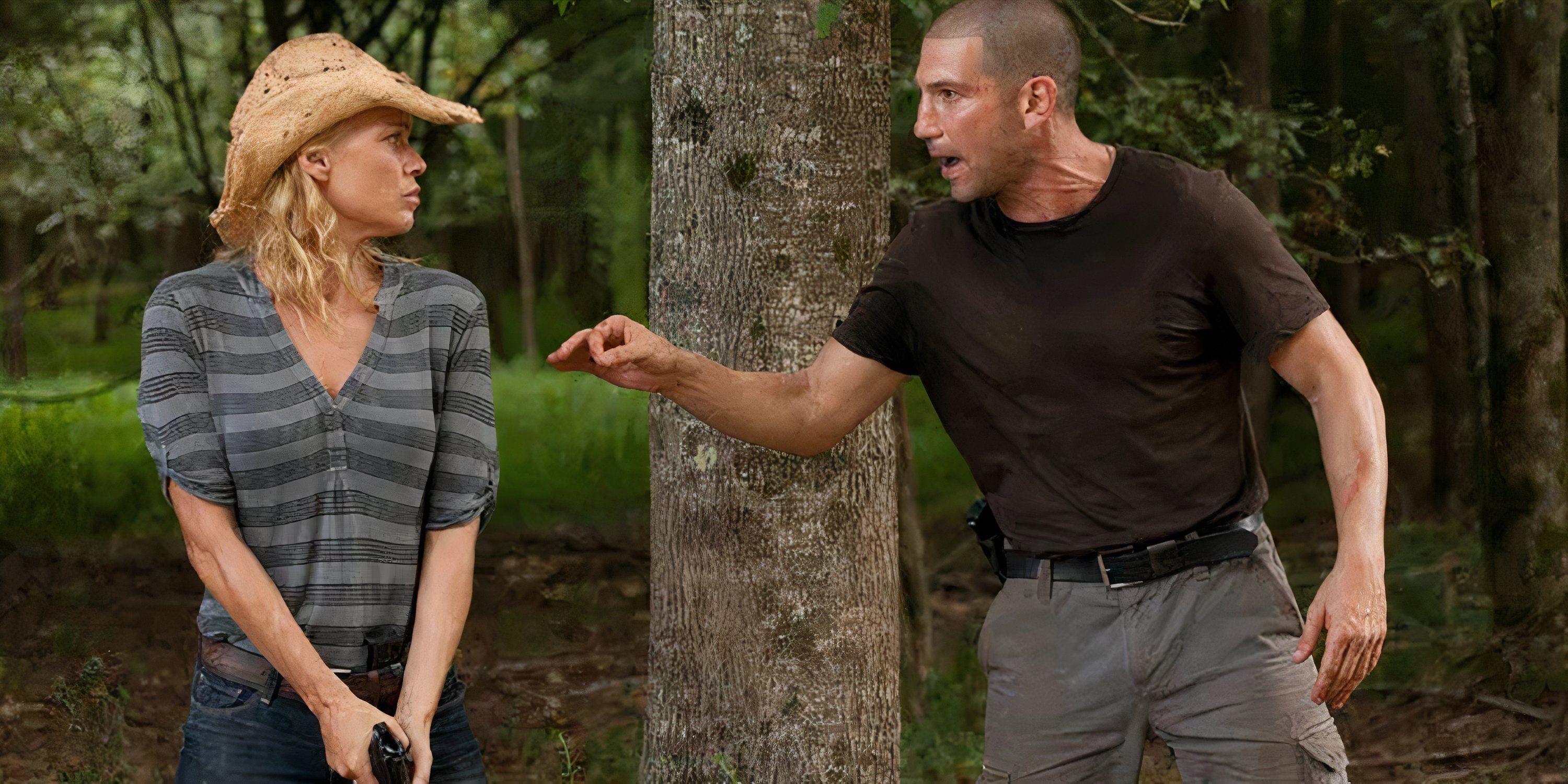
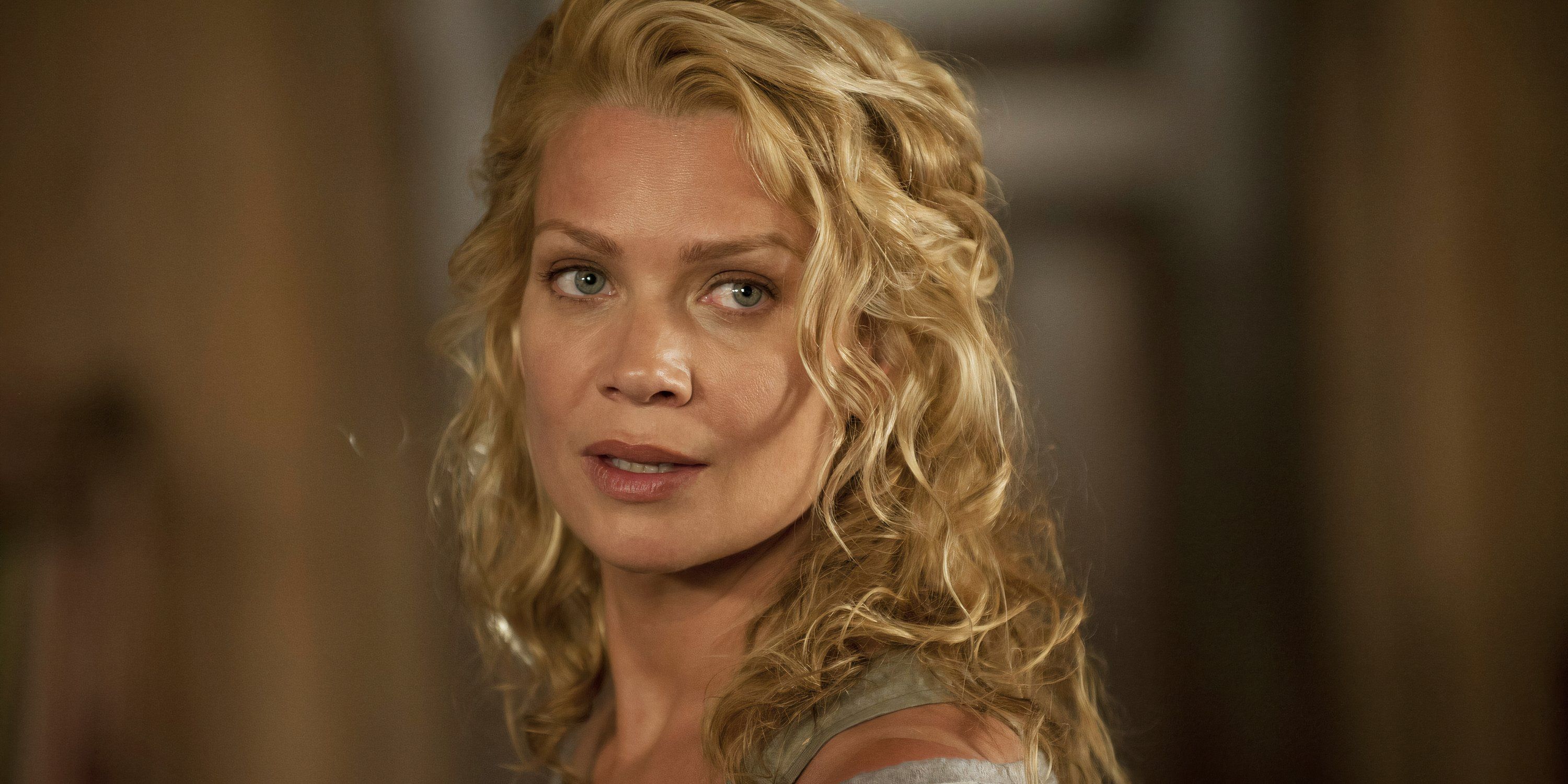
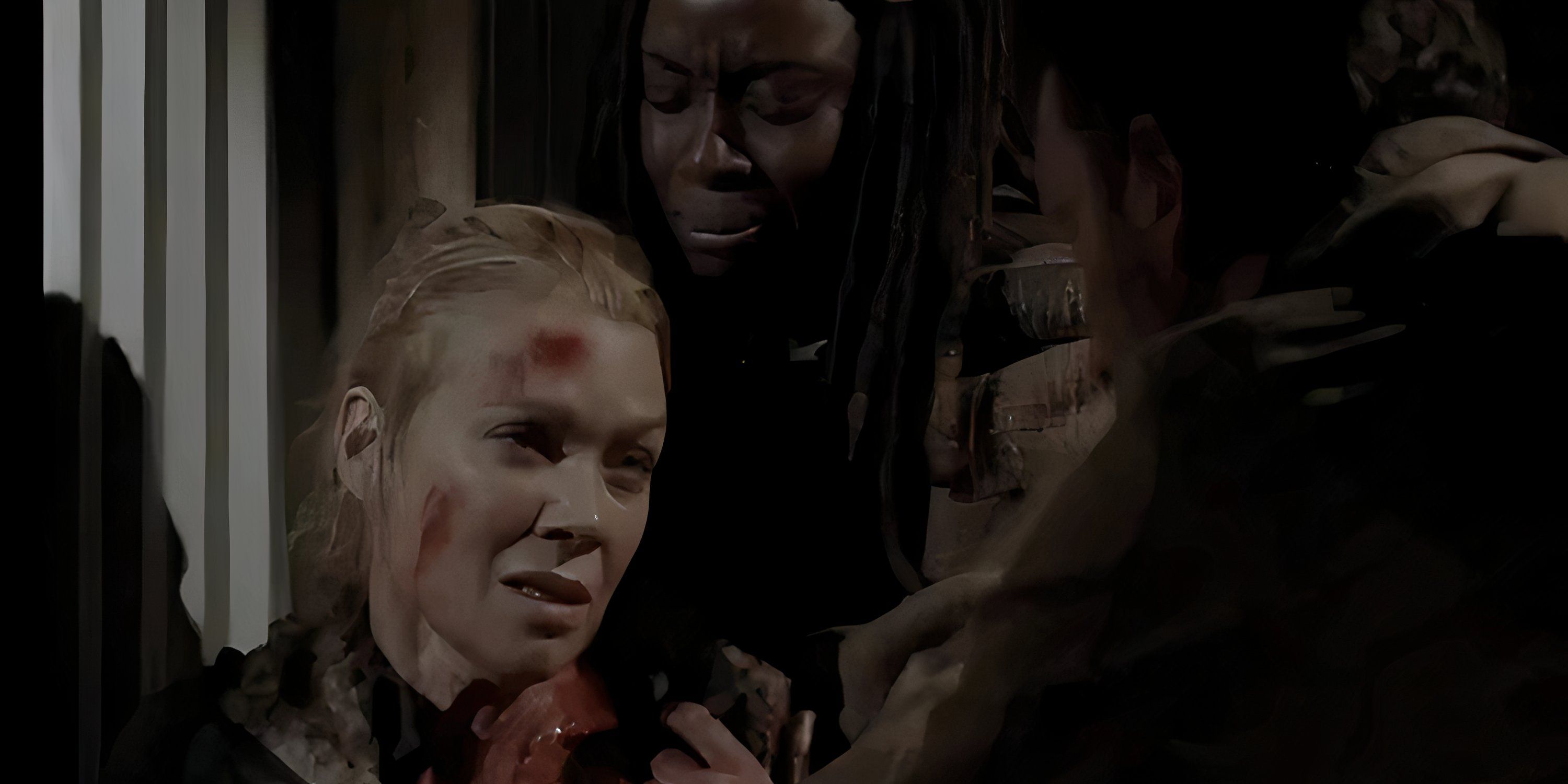
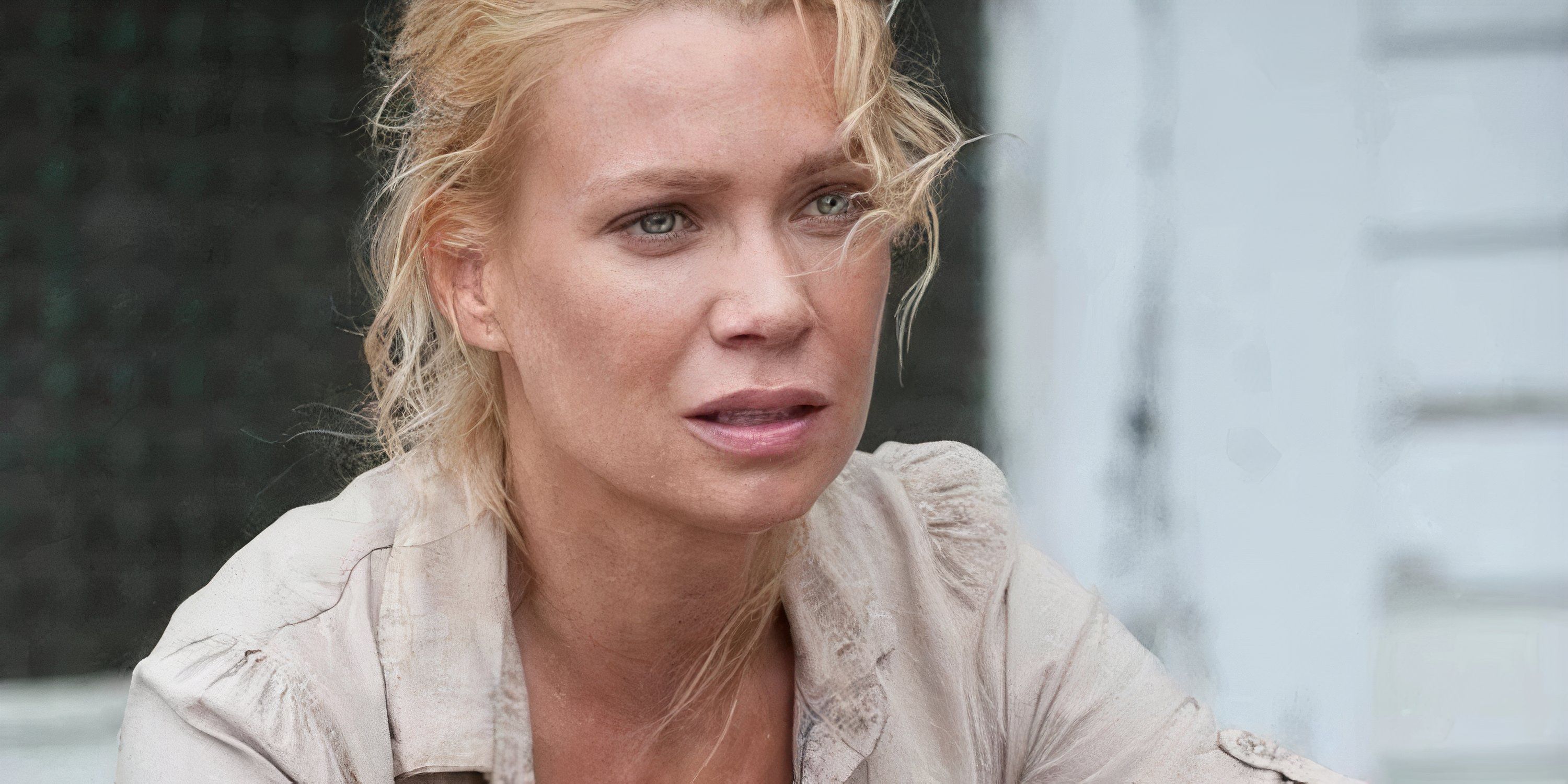
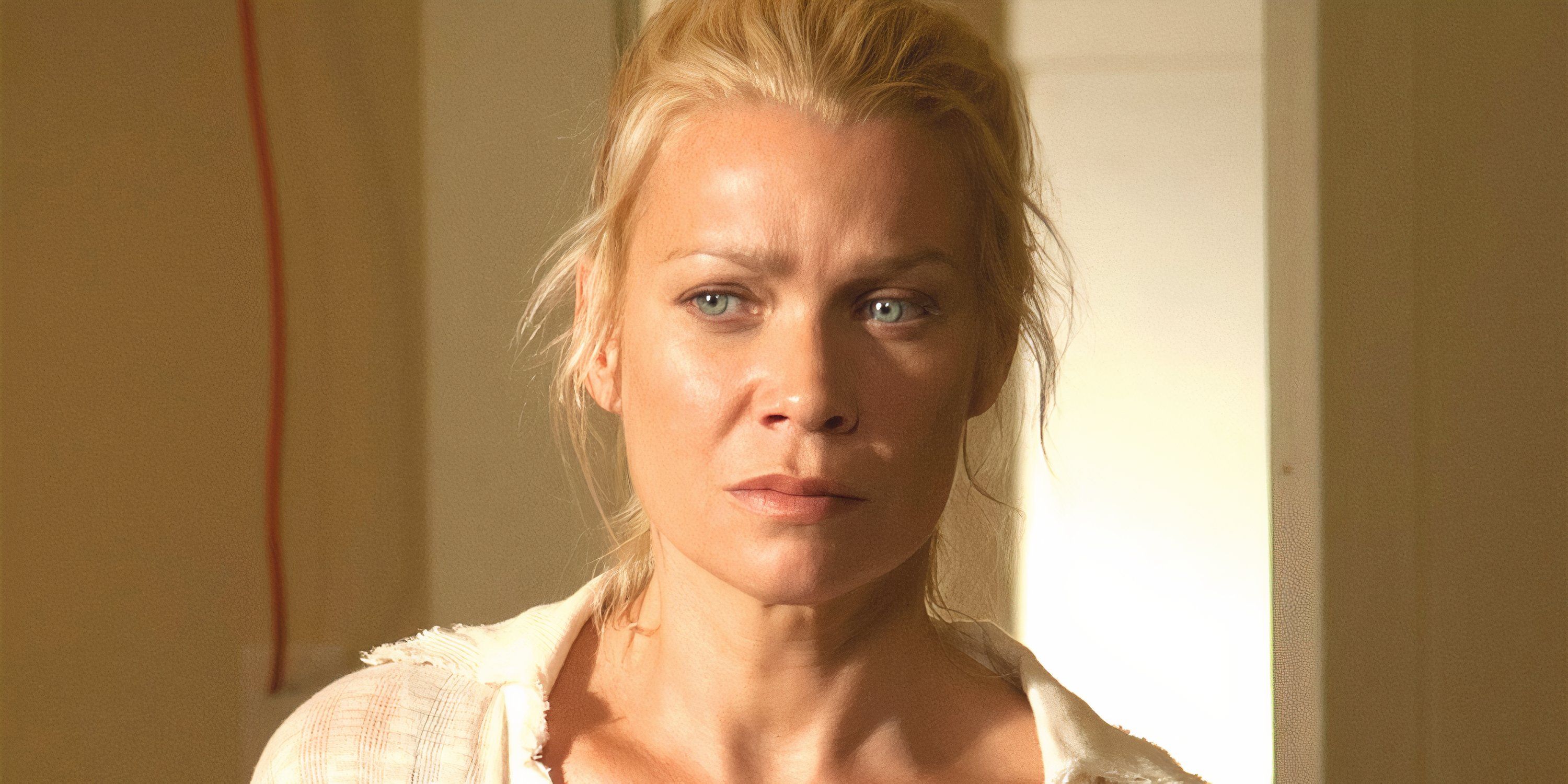





In the comic books, Andrea is a cornerstone of the group’s survival and success. After losing her sister early on, Andrea’s development takes center stage as she becomes an expert sharpshooter and a trusted advisor to Rick. Her character exhibits resilience, emotional depth, and a clear moral compass, making her a fan favorite in the comics.
The show, however, deprives Andrea of many of these characteristics. Her comic book leadership, competence, and emotional strength are overshadowed in the series by a string of poor decisions, questionable alliances, and narrative choices that leave her feeling disconnected from the group. Where the comic version of Andrea grows into one of the story’s greatest assets, the TV version struggles to find her place, ultimately losing much of the respect that her original counterpart commands.
The Walking Dead Romance Would Never Have Made the Screen
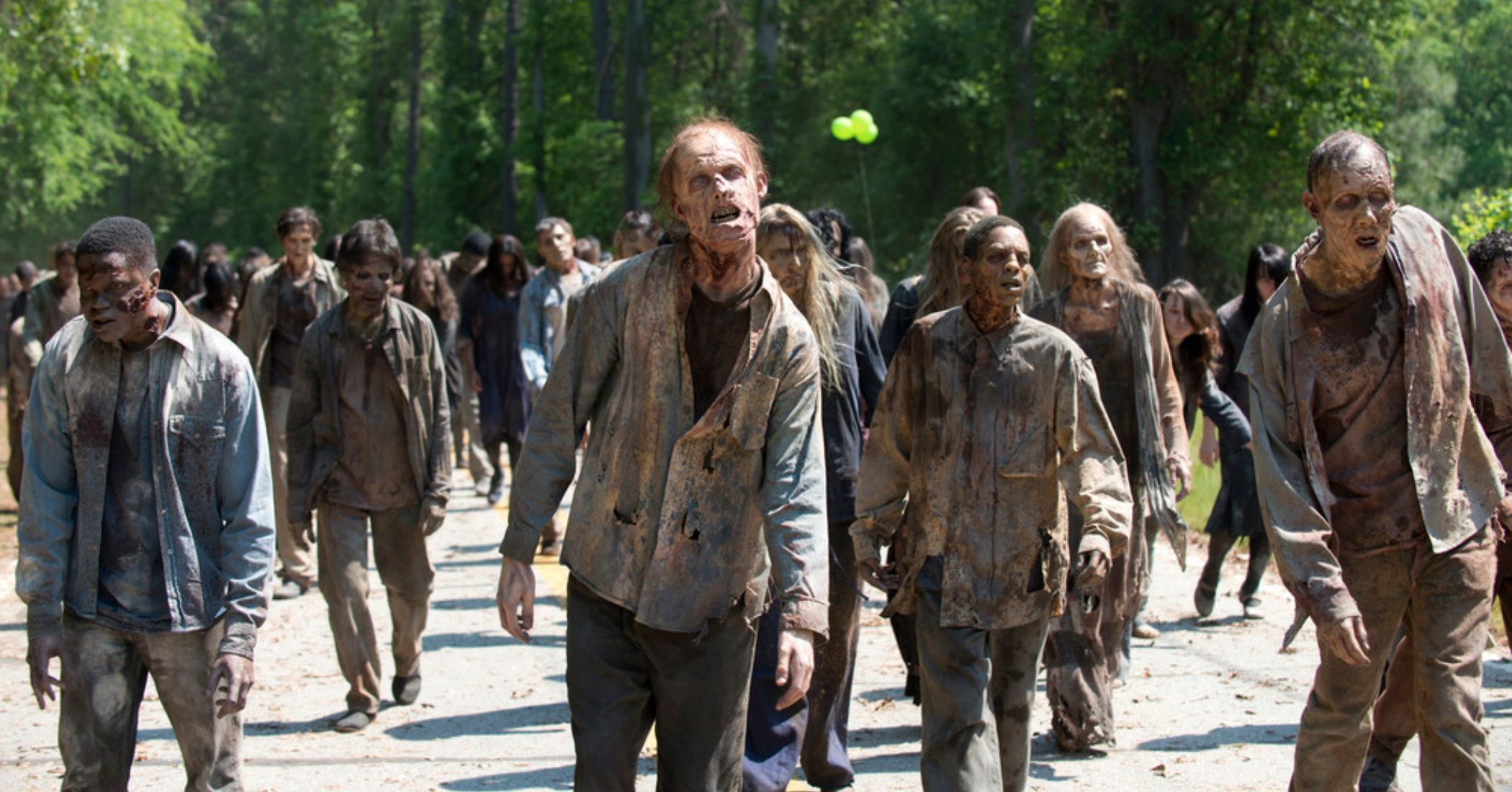
The show takes an entirely different approach. Dale and Andrea’s dynamic is reduced to a father-daughter relationship, with Andrea rejecting Dale’s attempts to guide and protect her. Their bond feels uneasy and fraught, rather than warm or intimate. This reinterpretation reflects a clear decision by the showrunners to avoid the controversial nature of their comic romance.
While their relationship works well in the comic’s slower-paced, introspective format, it likely wouldn’t have resonated as effectively in a serialized TV format aimed at a broader audience. Instead, the show distances Andrea from any meaningful romantic partnerships until much later in the series, missing an opportunity to explore the layers of her character.
The Show Intentionally Made Her Unpopular
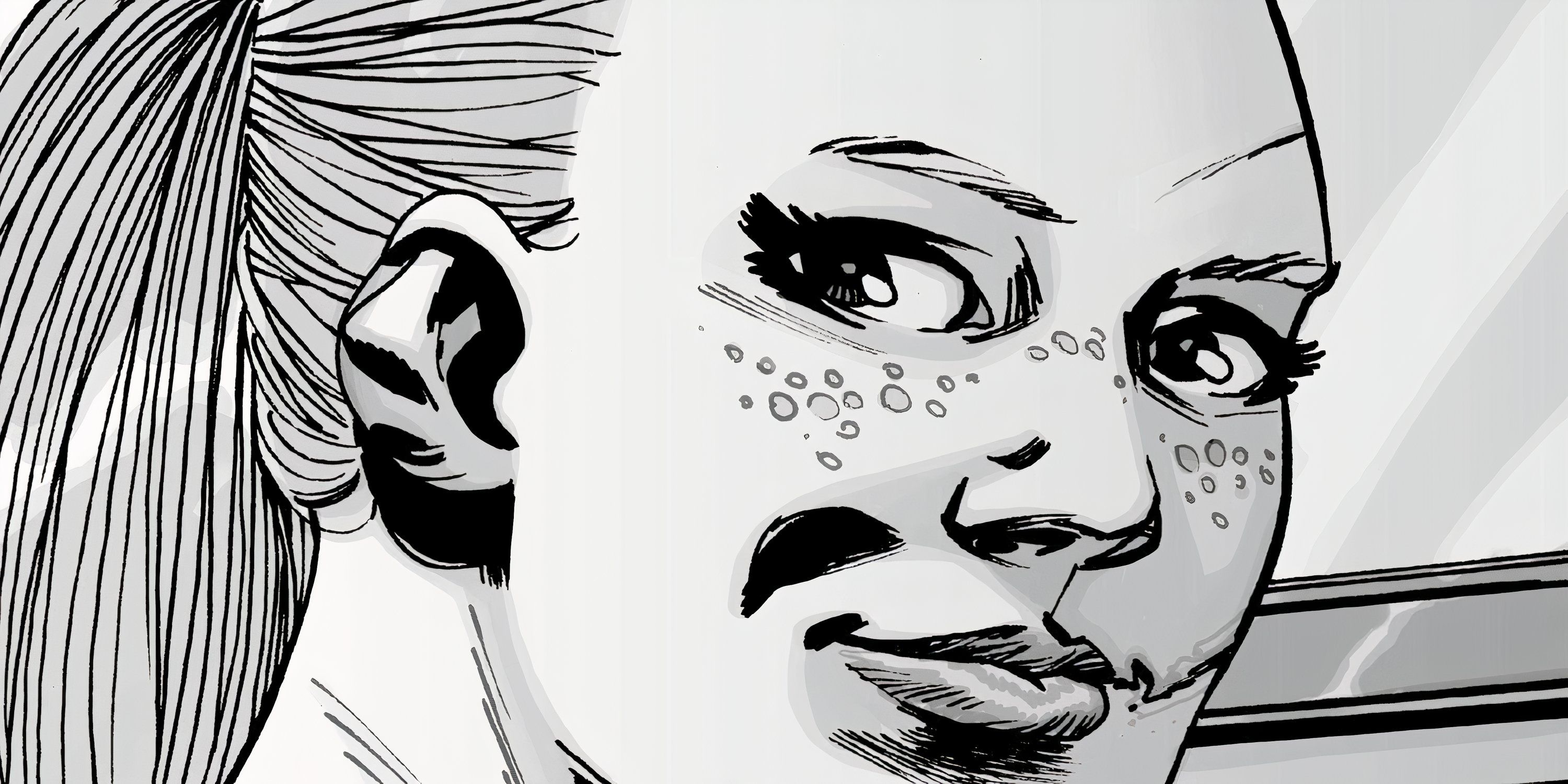
The show’s portrayal of Andrea as indecisive and prone to error feels like a deliberate move to contrast her with the stronger, more capable version of her comic counterpart. Whether this was to heighten the tension of her storyline or to make other characters like Michonne and Carol stand out more, the result was a character arc that left many fans frustrated. By the time Andrea meets her tragic end, the show has done little to redeem her in the eyes of viewers.
Andrea’s TV adaptation is a prime example of how The Walking Dead altered its characters to suit a different medium. While some changes to the storyline are understandable, Andrea’s transformation from a strong, resourceful leader in the comics to an unpopular and often frustrating figure on screen is one of the show’s most puzzling creative choices. By stripping away much of what made her compelling, the show deprived audiences of a character who could have been a true standout in the apocalyptic world.


